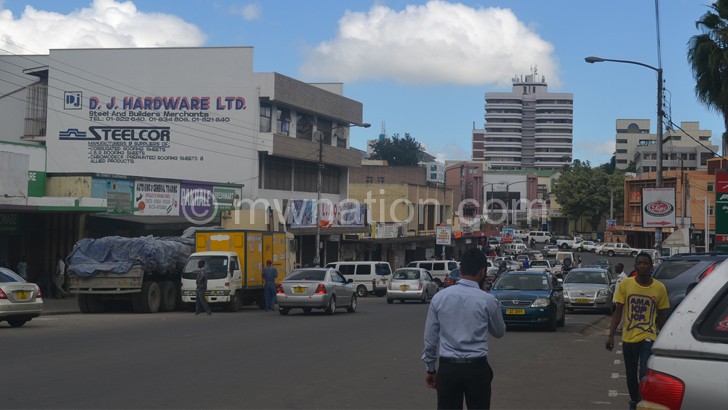Buying business property: An investment or a curse?
There is something about owning a property that gets the blood of business owners pumping. On the face of it, buying a business property is supposed to be a clinical decision, albeit a complex one, but one finds that there can be deep emotional issues mixed in, that can cloud judgments.
Why else does it happen so often that a business owner is content to let his rubbish pile up in the backyard while he rents a property, but cleans it all up as soon as he buys it? Certain aspects of property ownership are simply not clear-cut.

easy business decision
All the more reason that business owners must take special care to apply clear thinking when they decide whether to buy a property. It starts with understanding why you want to buy it.
The decision would be relatively easy if every property purchase were a pure investment decision, but business owners often find themselves faced by more complex considerations. The main one is security of tenure.
Renting a property leaves a business at the mercy of the landlord when the lease runs out. Having to move to new premises is severely disruptive for any business. For those that are sensitive to passing trade or have heavy machinery that will cost thousands of kwachas to transport, such a move can affect their very viability.
Fixing the tenure of the business is, therefore, an important strategic consideration that has a major impact on the decision to buy, as well as the negotiations around the price. The seller is usually well aware of the pressure on the business to secure its tenure, and will probably slap a premium on the selling price. Reasons for buying property go beyond a pure investment decision, the buyer will probably have to accept paying a higher price, as long as it is within the bounds of reason and affordability.
A wave of emotion is always the wrong reason for buying a property. For example, you have a fight with your landlord and on the spur of the moment you declare: ‘OK, then I’ll buy you!’. Such a quick, impulsive decision has no place in a project with such long-term implications as buying a property. It must be based on cool thinking about at least the next five years, and must be informed by lots of homework.
Two areas have to be carefully investigated.
The first is the financial implications of buying the property. If paying the bond on the property costs more than renting—and it usually does in the beginning—can the business afford it? Remember that maintenance costs, rates, insurance and taxes need to be factored in.
Is the price you are paying within reason, and if you are paying a premium, can it be justified? An independent valuer can be very useful in this regard.
What will be the likely resale value of the property? If the property is in a declining area, for example, the resale value will decline and the case for buying diminishes substantially.
A technical analysis, a detailed look at the property itself, is the second part of any prospective buyer’s homework. The location is the most important aspect that needs to be analysed, as well as the structural soundness of the building.
A number of less obvious characteristics of the property also need to be considered. These include ease of access, the proximity of main routes, the availability of facilities such as electricity and developments in the area that may affect any of these.
A mistake made when buying a property means that you will have to carry a financial loss.
On the other hand, the investment value of a good property purchase goes far beyond the mere monetary returns. The business benefits of secure tenure, the stability of not having to move and the flexibility and freedom that comes from owning your own property all add to the value.
Financially, owning your own property results in a cash-flow advantage over the long term.
For the business owner personally, ownership often has the advantage of a “forced” saving, forming a nest egg for when the owner retires.
Finally, the emotional aspect of owning a property has its proper place in the equation after all. n
About the author:
Fosters Kalaile is Country Manager for Business Partners International, a specialist risk finance company for formal small and medium enterprises (SMEs) which supports entrepreneurial growth by providing financing, specialist sectoral knowledge




